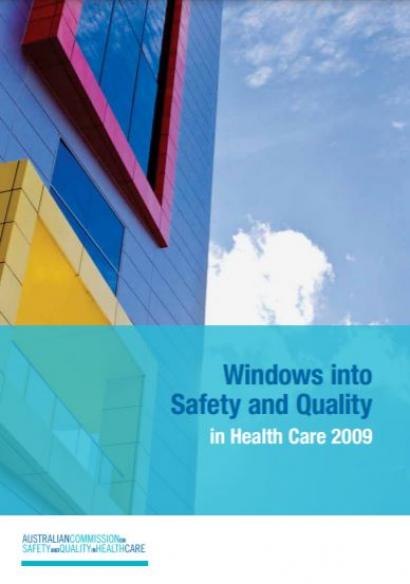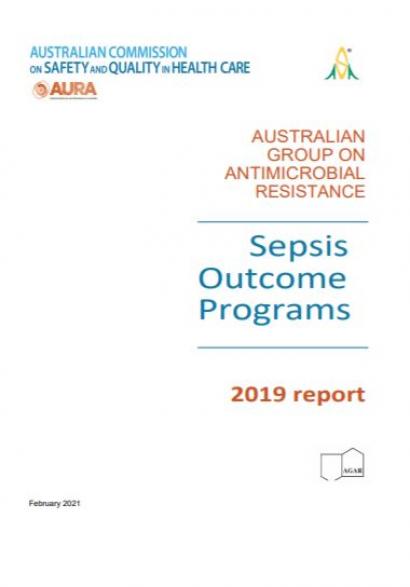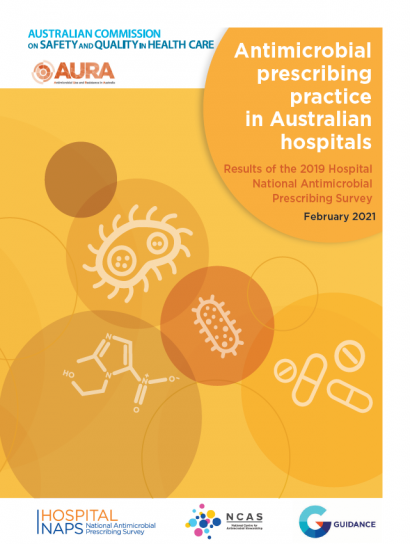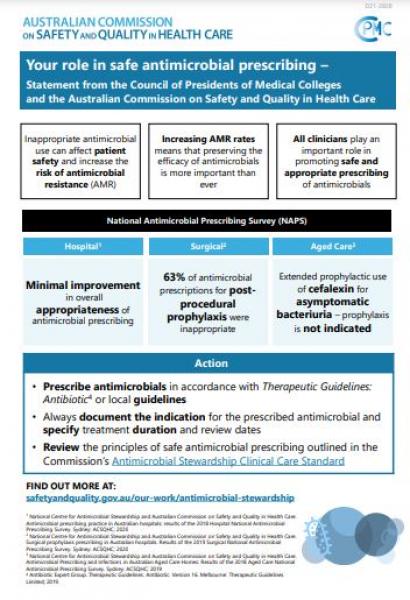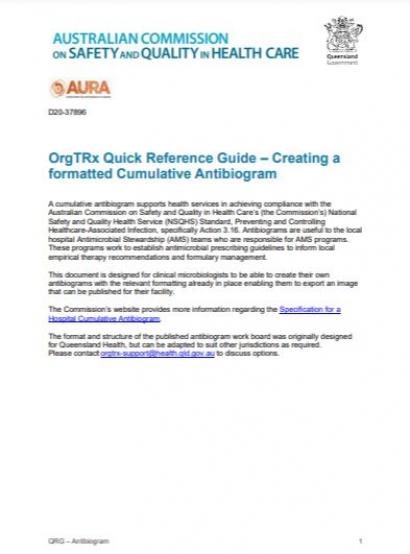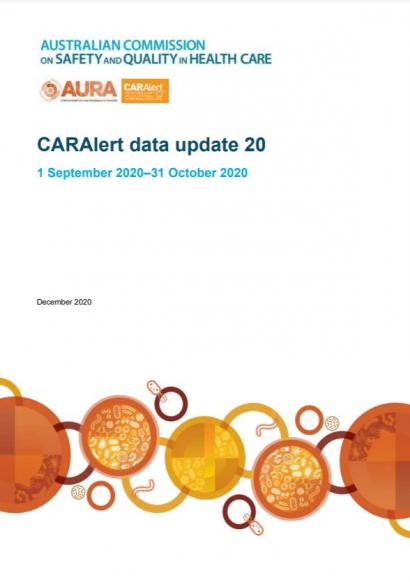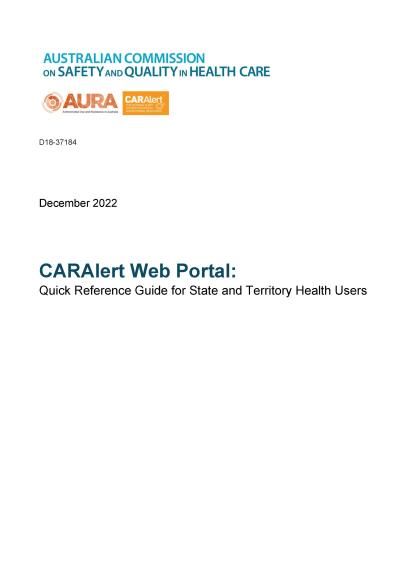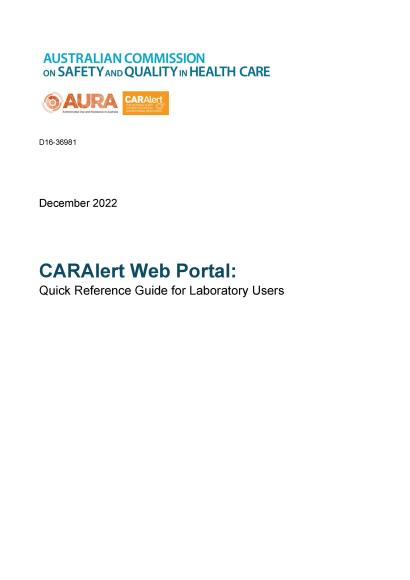Gastroscopy is used to investigate, treat and monitor some gastrointestinal conditions. Find out about variation in repeat gastroscopy services in the Fourth Australian Atlas of Healthcare Variation 2021.
The Fourth Australian Atlas of Healthcare Variation examines variation in healthcare use according to where people live. It covers six clinical areas: early planned births; chronic disease and infection; ear, nose and throat surgery in children and young people; lumbar spinal surgery; gastrointestinal investigations; and medicines use in older people. The Atlas was launched by the Hon Greg Hunt MP on 28 April 2021.
Bowel cancer prevention is not just about screening - many people don't know the modifiable lifestyle risk factors. Our resources identify actions that consumers can take to reduce their risk of bowel cancer.
The Commission has developed culturally appropriate resources with Aboriginal and Torres Strait Islander peoples to provide useful information about having a colonoscopy procedure.
Missed a recent webinar? Want to review the content from a past session? Check out the Program Series Webinar archives for recordings of past events. Access to the archives is free and a great way to review session tips or check out webinars that you have missed.
This chapter provides a high level overview of the health system's response to the Australian Atlas of Healthcare Variation series (the Atlas series). It identifies the levers used to implement change and includes practical case studies.
The Escalation Mapping Template (EMT) will help to determine which processes for recognising and responding to deterioration in a person’s mental state are working effectively, and identify if there are any problems and/or gaps in current processes.
The Commission wishes to acknowledge the significant contribution of its steering committee members in the development of the Better Care Everywhere program series.

